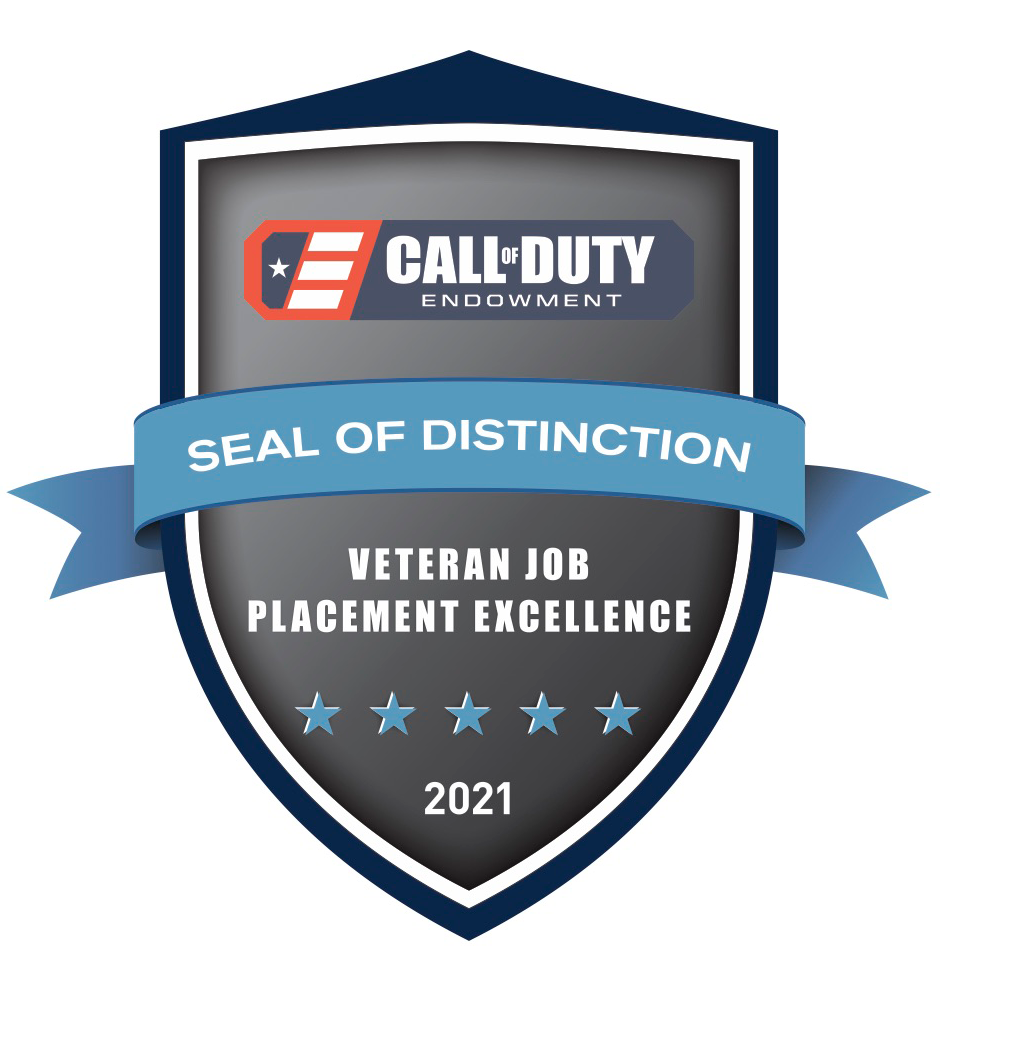Life After EAS: Forging a New Professional Identity
When you have spent much of your working life in the military, transitioning from cammies to civvies is a daunting challenge. Uncertainty about what you’ll do next – even about who you are outside the uniform – can be overwhelming.
Former U.S. Army First Sergeant Jennifer “JR” Williams knows the feeling well. With more than 22 years of service, Williams was a highly accomplished and decorated communications and public relations professional, capping her career as supervisor of the American Forces Network in Wiesbaden, Germany. Like many military retirees, she was looking forward to fewer long workweeks and more family time.
“My initial plan was to take a year off to really look at the job market so that I could make a very intentional decision,” she says. But after years of a high-tempo military schedule, the slower pace felt alien to Williams, who found that she needed an additional outlet for her energy and attention.
Williams found a position supporting military-affiliated students in higher education. While the role was meaningful and enjoyable, it lacked potential for growth. She missed having the freedom to fully utilize her leadership and communication abilities.
“This is when I began to experience some turbulence in the shift from military to civilian,” Williams says. “In the military, I knew exactly how a successful soldier should look and act.” But in her fledgling civilian career, that clarity was hard to come by.
Williams also missed the confidence that came naturally as a soldier. “When I put on my uniform, I could feel my confidence rising as I laced up my boots and zipped up my top,” she recalls. “Frankly, I felt kind of invincible in my uniform “ – a feeling that was absent from her post-military life.
Williams received all kinds of advice on how her new professional identity should manifest. “I was told to go into project management, get a Masters degree, pursue federal employment,” she recalls, “but none of these suggestions really applied to my circumstances or what I wanted to do.”
As she navigated these muddy waters, Williams had one big advantage on her side. Her work with military students meant she was plugged into the many resources available to Veterans. At the top of her list: signing up for free mentorship through American Corporate Partners, who connected her with Alexandra Carlin of Hearst Corporation.
“She has done so much for my confidence and understanding what kind of work speaks to me as a person and as a professional,” says Williams of Carlin, who was instrumental in helping Williams draw a crisp outline around her career goals.
Williams was surprised by how effective and efficient Carlin’s advice could be. For instance, Carlin suggested that Williams direct more energy toward networking, connecting with people who were doing work she found intriguing. This allowed her to more quickly narrow down her possible career options.
Williams ultimately accepted an offer to work with ACP as their National Manager of Communications, a role that draws on her Army experience and allows her to positively impact thousands of military families.
For service members who are struggling with how to define themselves, as she was in 2018, Williams emphasizes that you deserve to shape your professional identity on your own terms.
“If you don't know what you want to do after retirement, start talking to as many people as possible to help you figure it out,” she recommends. “Start by asking yourself, ‘In a perfect world, what would I love doing every day? What do I love doing best right now?’”
“If you can definitively answer those questions, you'll be able to find a way to achieve your dream,” says Williams. “It might not be an easy path to get there, but military life doesn't assure an easy path either.” Be fully truthful with yourself, she urges, and how you want the world to see you as you carry your military experiences forward into a new journey.
Whether you’re preparing to leave the military or have been out for years, tools like career self-assessments and the services offered by RecruitMilitary are great places to start. If you are a Veteran or service member with at least six months of post 9/11 service, sign up today to start your own ACP mentorship!











